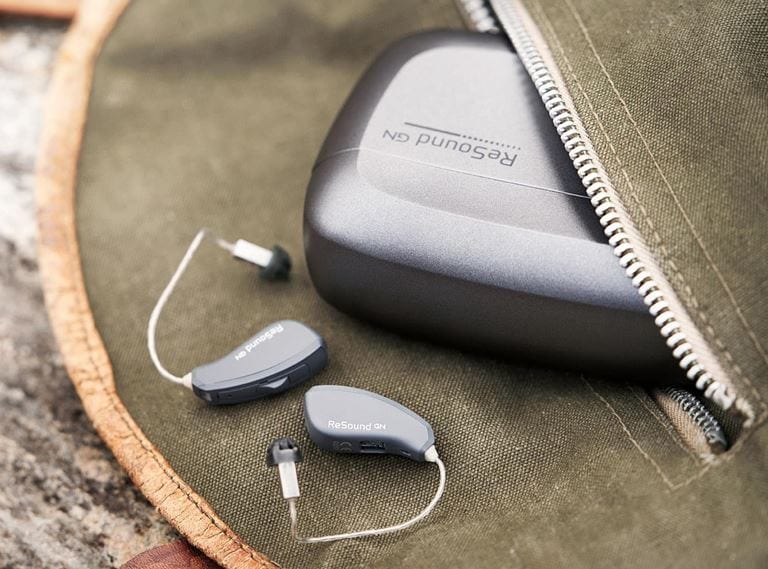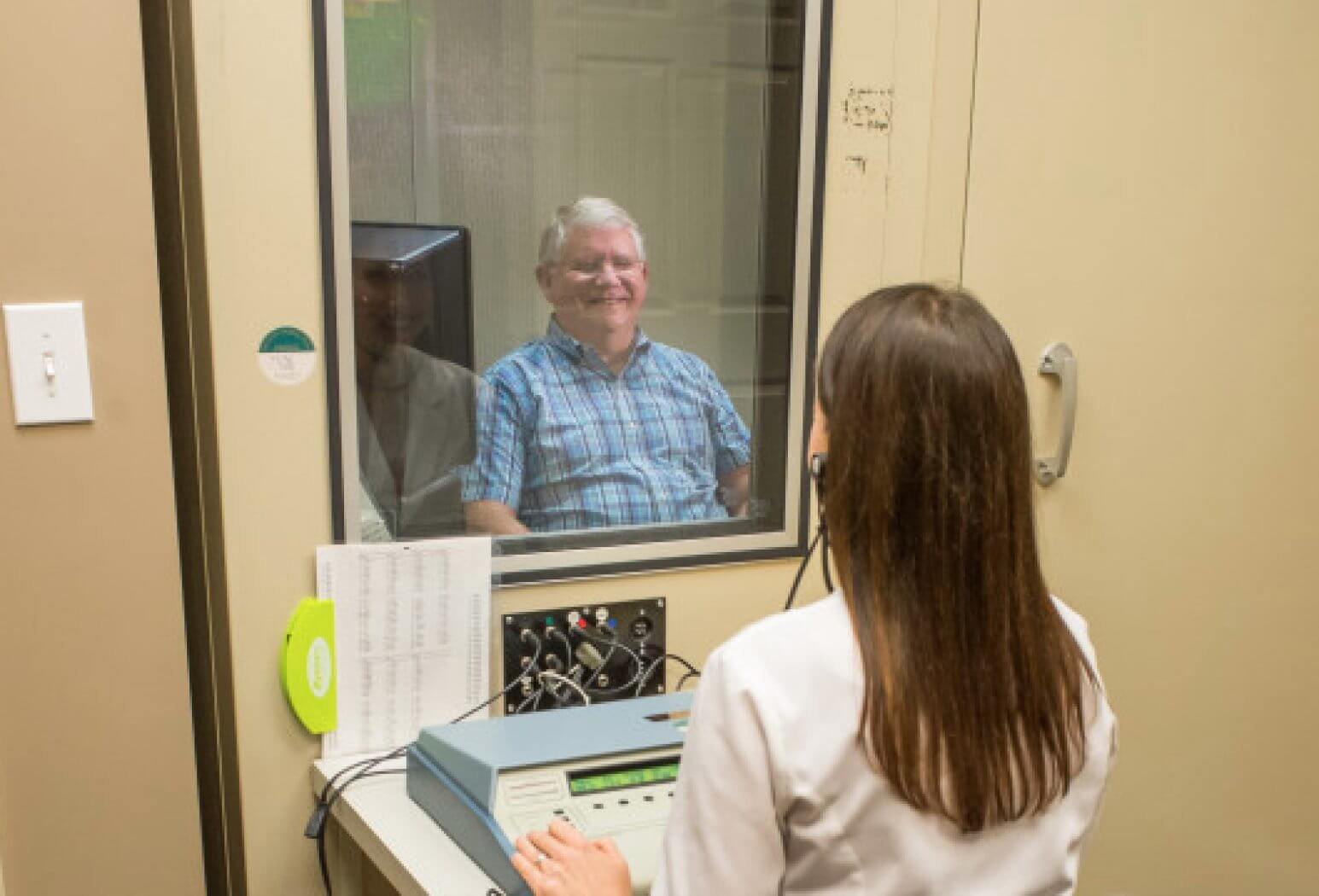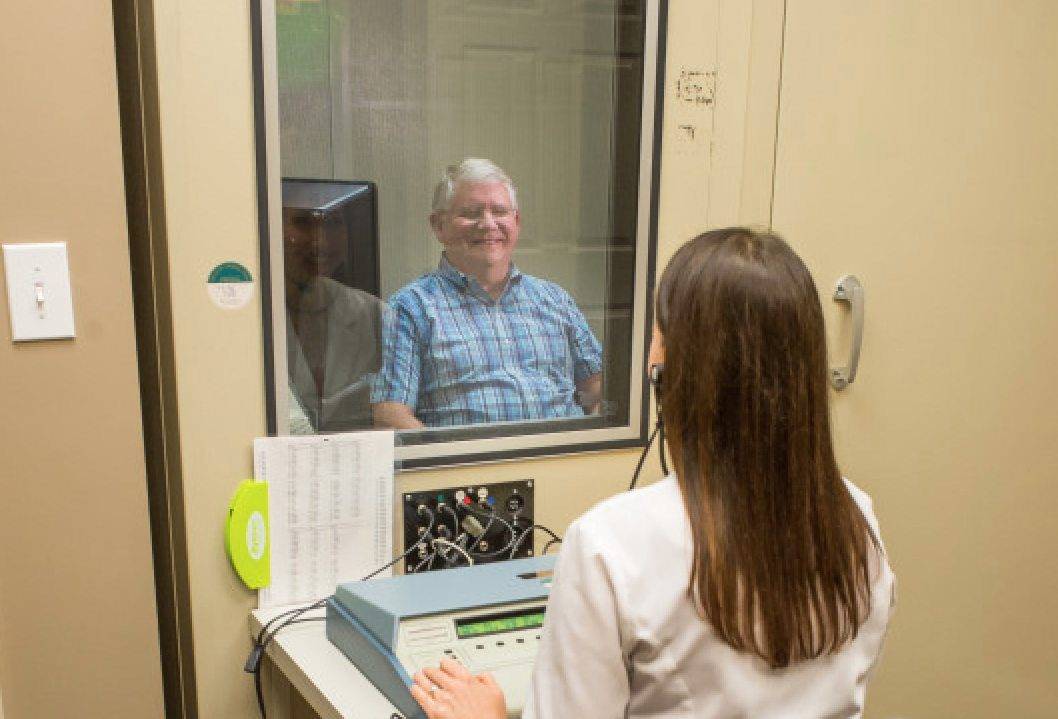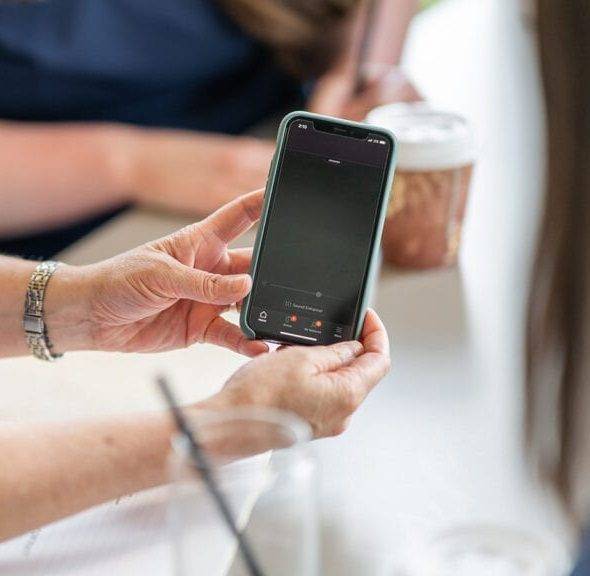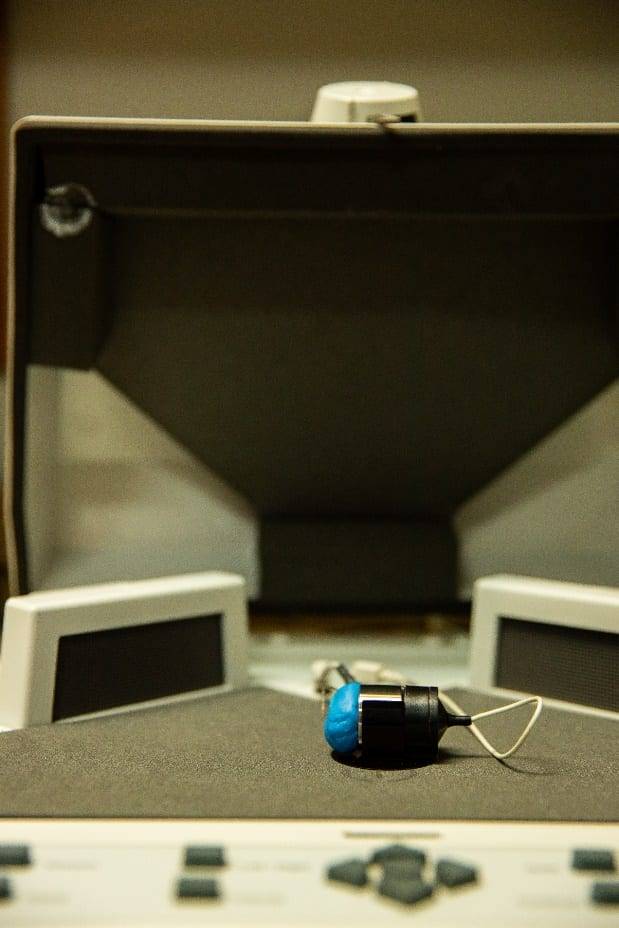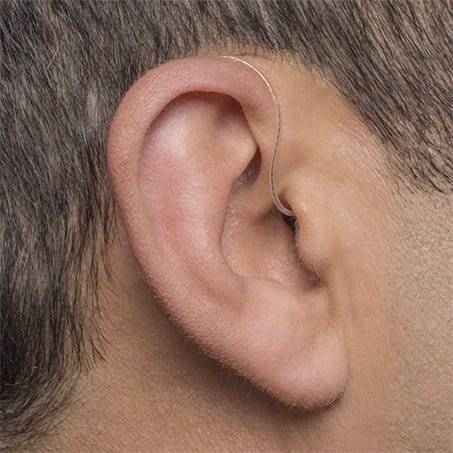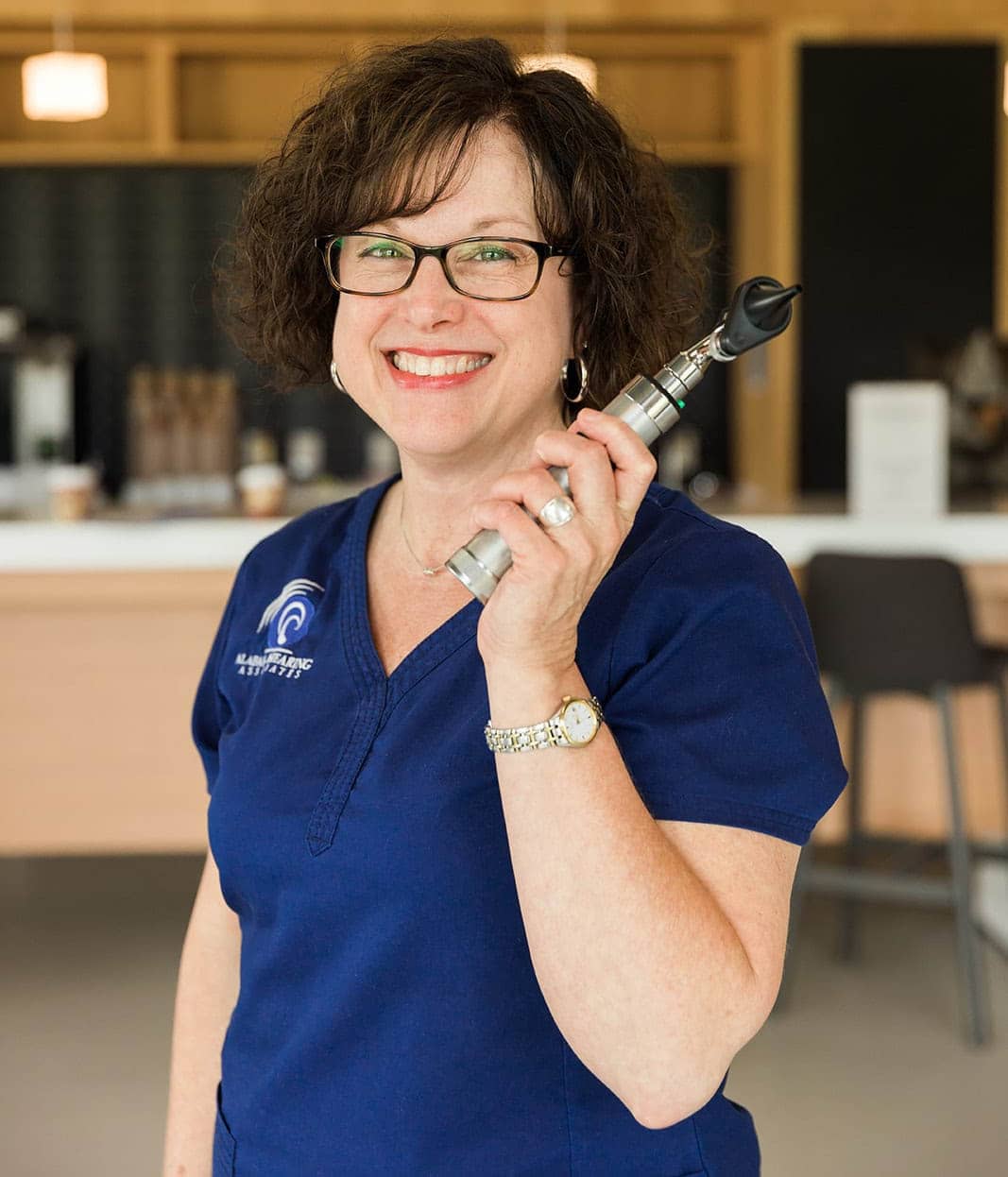Update: since this article was written, Bose announced that it would be closing their health division and cease sales of their SoundControl™ devices following an independent review that determined that “Bose should no longer be selling hearing aids”
If you’re considering buying over the counter hearing aids, it’s important to know that they may not be a suitable solution for everyone. While over the counter hearing aids or getting an online hearing test may seem like a more convenient and affordable option, it’s still recommended that you visit a professional and licensed audiologist for proper evaluation and fitting.
You see, when the professional is taken out of the process, then simple to complicated medical issues can be missed.
Here are just a few examples:
Asymmetrical hearing loss – when one ear is better than the other
In hunters and military members, we commonly see the left ear worse than the right in right-handed shooters. A difference between ears can also point to a tumor on the auditory nerve. Asymmetrical hearing loss needs a special hearing aid that is properly adjusted and programmed by an audiologist.
Conductive hearing loss
Online hearing tests do not do bone conduction, which shows a difference between the hearing nerves and the mechanical parts of the ear (ear drum, middle ear bones).
Mild-moderate conductive hearing loss can often be treated medically and resolved without the need for any type of hearing aid.
Ear wax
Mild conductive hearing loss and asymmetries can be caused by something as common as ear wax! Before an in-person hearing test, the ear canals will be carefully inspected using an otoscope to ensure the canals are clear and there are no abnormalities (holes, infection) in the ear drums.
The audiologists at Alabama Hearing Associates know more about ear wax and how and when to remove it than most other medical professionals. In fact, patients are often referred to us by their primary care physicians for ear wax removal and hearing evaluations.
Hearing beeps vs. understanding speech in noise
The number one complaint for consumers who think they have hearing loss is the inability to understand conversations when competing noise is present. Whether receiving the test online or in person, the traditional hearing test asks you to push a button or respond when you hear a soft tone or beep.
Responses to tones across a range of frequencies or pitches are plotted on a graph called the audiogram. The audiogram provides useful information, such as how much hearing loss you have, and even gives the basis for the hearing aid prescription.
But the audiogram does not tell us how your brain understands speech in quiet or noise, nor does it tell us which hearing aids work best or how to program them for optimal performance.
What advice would you give to somebody that is unsure whether to buy over the counter hearing aids or take the traditional route?
The intent of over the counter hearing aids and online hearing tests is to make hearing healthcare more accessible and affordable to the millions of Americans who could benefit from hearing aids. If over the counter hearing aids encourages more people to address their hearing loss sooner, this would be a win for everyone.
However, in my experience, the intended consumers, adults with mild hearing loss, do not think they have a problem. These are not the consumers who are shopping for hearing aids.
It takes the average person 7-10 years to admit there may be a problem with their hearing. Hearing loss tends to occur gradually and it’s difficult to pinpoint whether the problem is their hearing, the speaker is mumbling, or room acoustics and noise would make it hard for anyone to hear.
By the time most people are ready to take the plunge and get tested, years of auditory deprivation have passed, and auditory processing (speech in noise) issues have developed. These are the consumers who are shopping online and calling our office.
At Alabama Hearing Associates, we believe that hearing care is healthcare. “It is a health issue before it is a commodity purchasing issue.”
Overwhelming research links untreated hearing loss to cognitive decline, falls risk, diabetes, cardiovascular disease and more. Our “Connect 365” Functional Hearing Assessment was developed for those who want a full and detailed assessment of communication, from ears to brain.
Our Take On Over the Counter Hearing Aids
Consumers who want to ensure that there are no sacrifices or short-cuts when it comes to medical care for themselves, and their families should call 256-319-4327 to schedule a Functional Hearing Assessment. After the assessment, we will work together to develop a treatment plan, which may or may not include hearing aids.
Finally, for consumers who are confident in their decision to self-diagnose and go with over the counter hearing aids, we would urge you to read the fine print, know the guarantees and return policies, and ensure ongoing support.
Electronics, including hearing aids, are not trouble-free and they will require ongoing maintenance to work properly. Ear wax and moisture are common causes of electronic failure.
At Alabama Hearing Associates we have the tools and expertise to provide ear wax and moisture removal for all hearing aids, including Apple and Bose earbuds.
We are also happy to “adopt” patients who have purchased hearing aids elsewhere, but find they are unable to manage their hearing needs on their own.
If you have questions or concerns, please call 256-319-4327, and one of our friendly team members will call you back shortly.


